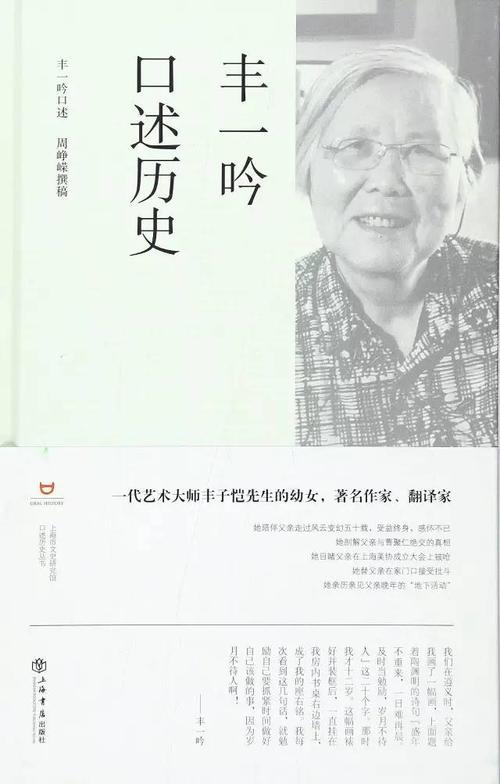Translation of "沉浮兴衰" into English
"沉浮兴衰" is a Chinese idiom that can be translated into English as "rise and fall" or "fluctuations and vicissitudes."

This phrase encapsulates the idea of the cyclical nature of life, business, or fortunes. It implies the inevitable ups and downs that one may experience throughout their journey. Let's break down the translation:
- 沉浮 (chén fú): This part refers to the act of sinking and floating, indicating the fluctuations or undulations.
- 兴衰 (xīng shuāi): This part denotes the rise and fall, prosperity and decline.
When used together, "沉浮兴衰" paints a vivid picture of life's uncertainties and the everchanging nature of circumstances. It underscores the importance of resilience in facing challenges and humility in times of success.
Depending on the context, this phrase can be applied to various situations, including personal experiences, economic cycles, or the fortunes of nations and empires.
For example, in a business context, one might say:
"In the volatile world of entrepreneurship, one must be prepared for the 沉浮兴衰 that comes with the territory."
Or in a historical context:
"The 沉浮兴衰 of ancient civilizations serves as a reminder of the impermanence of power and glory."
In essence, "沉浮兴衰" speaks to the ebb and flow of life's fortunes and the need for adaptability and perseverance in the face of change.
